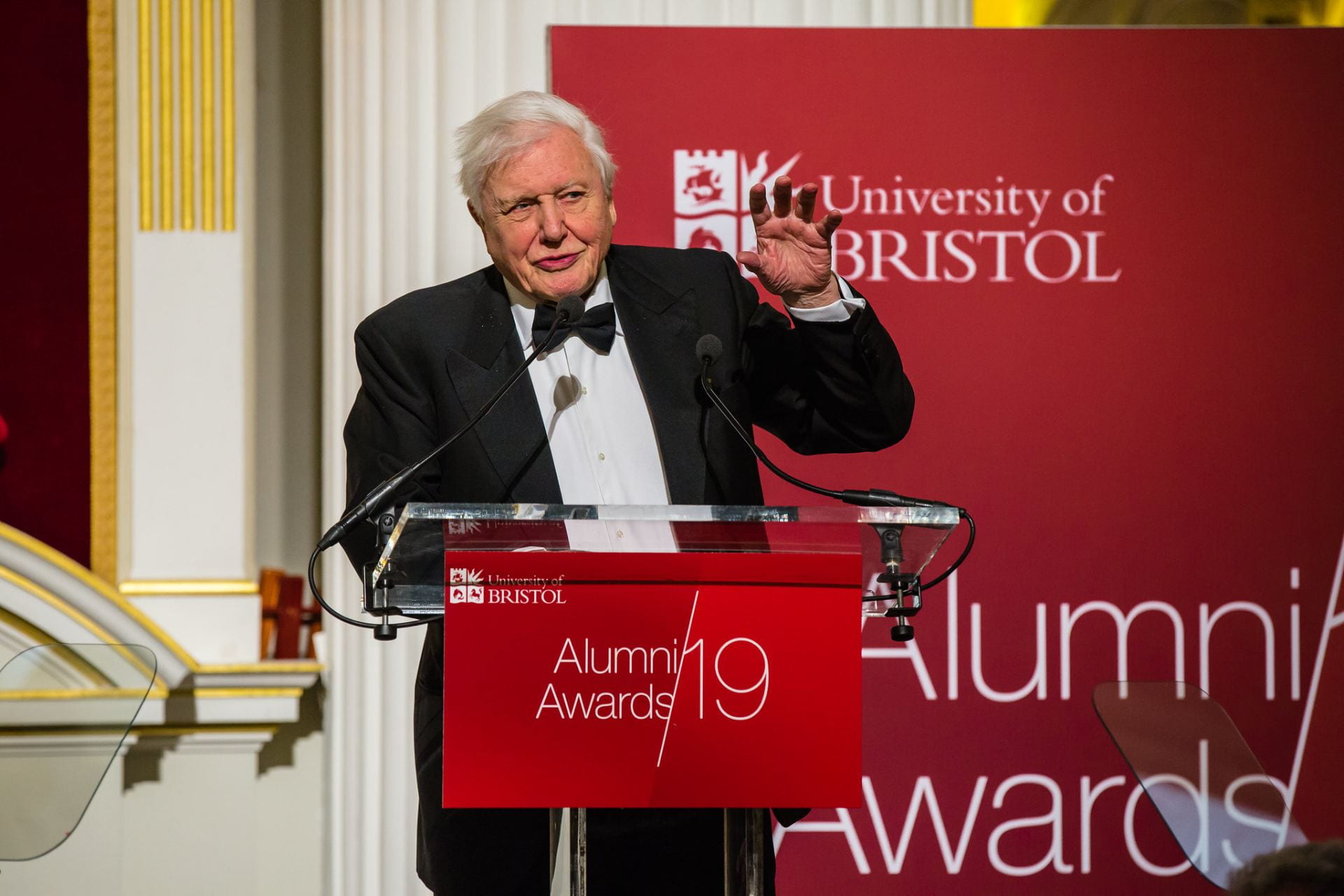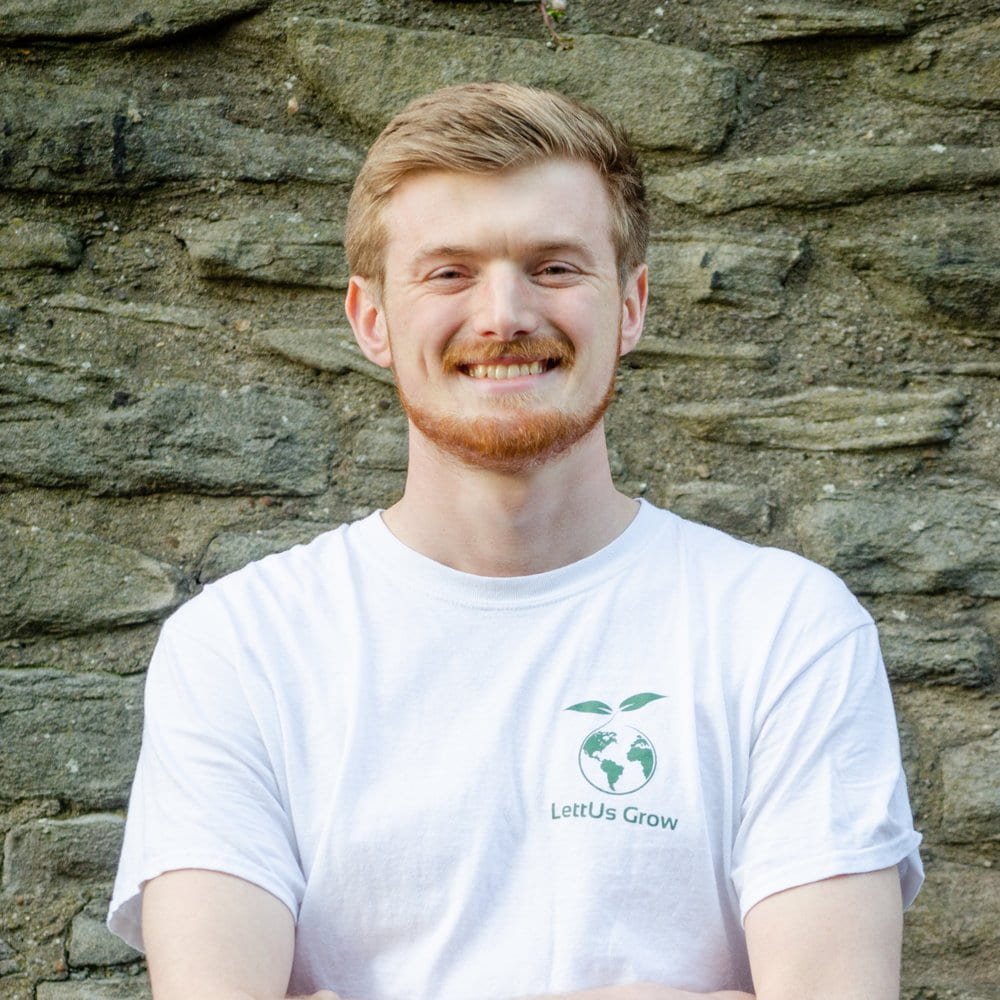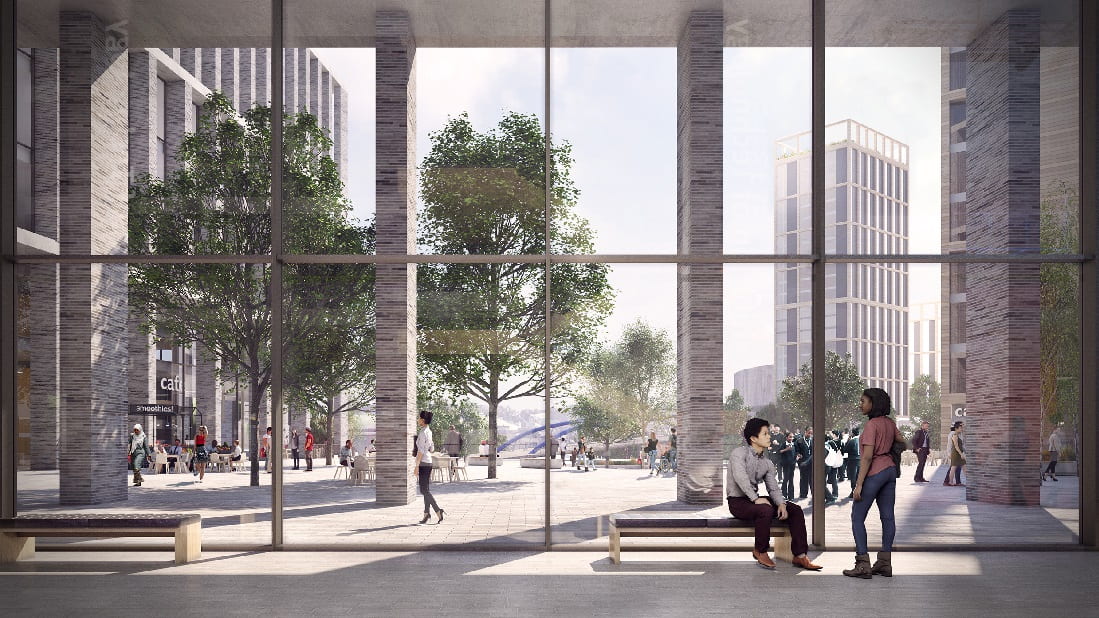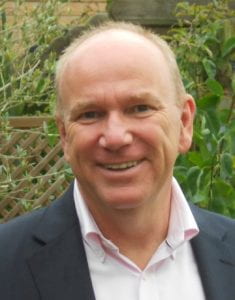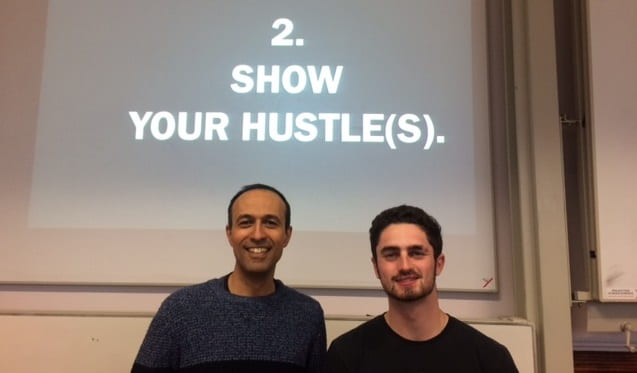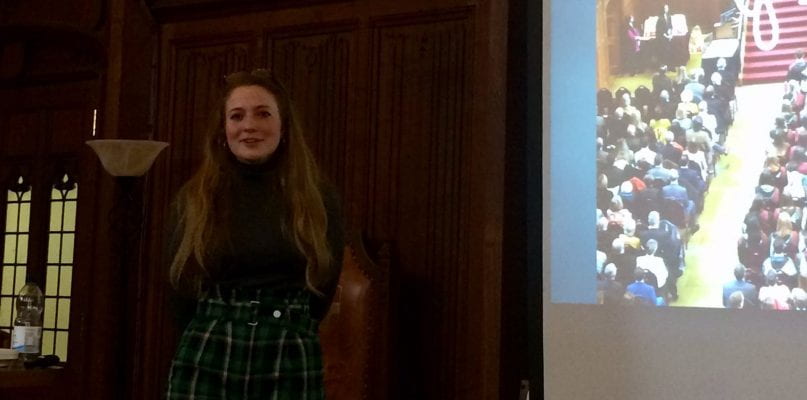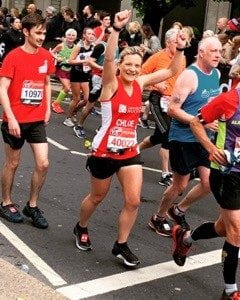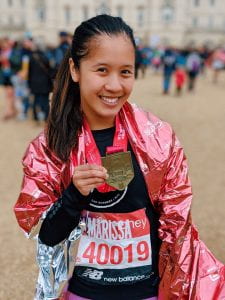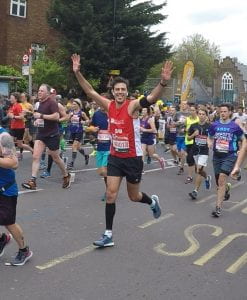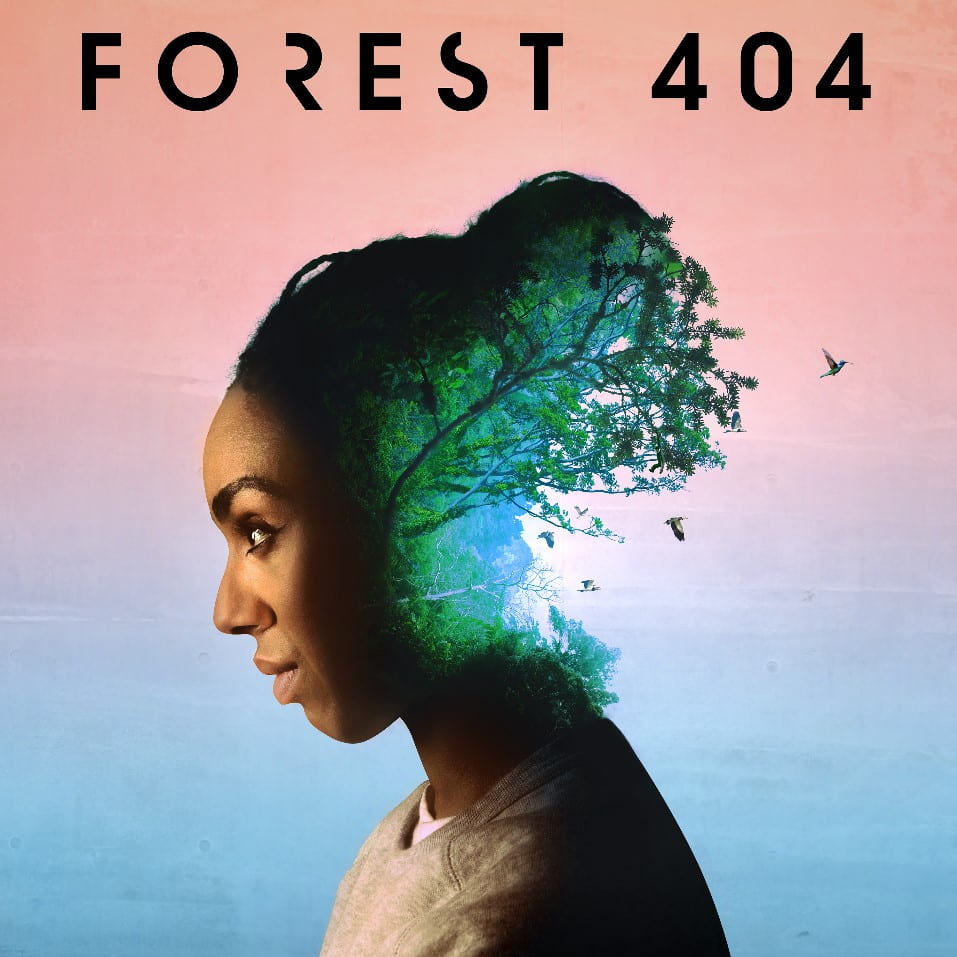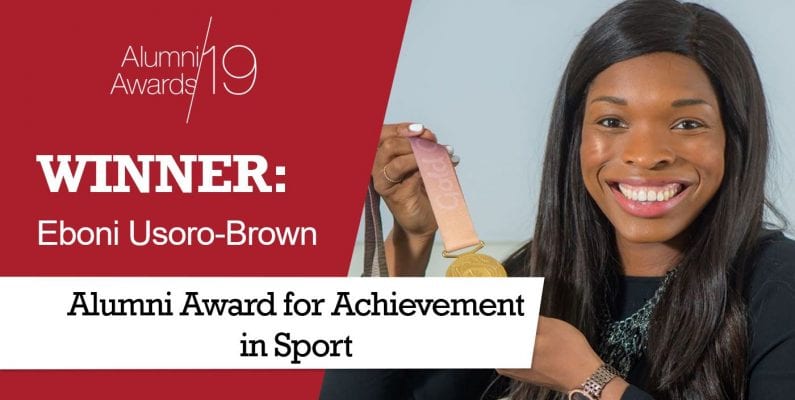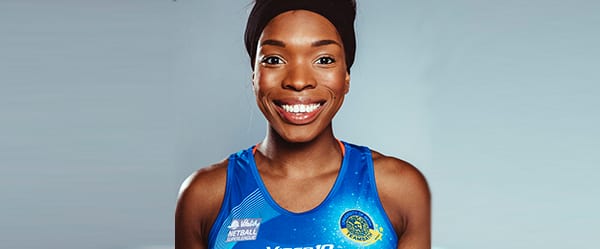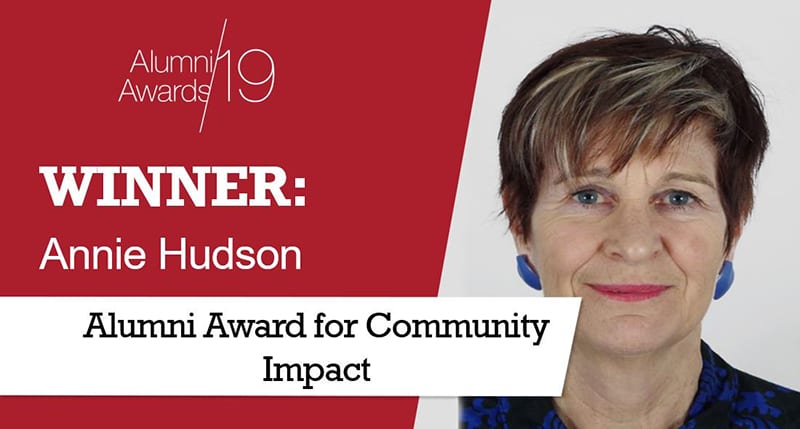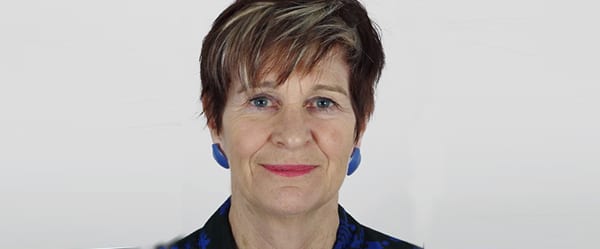 Vice-Chancellor and President, Professor Hugh Brady and Director of Development and Alumni Relations, Stephen O’Connor, reflect on your remarkable generosity over the last year
Vice-Chancellor and President, Professor Hugh Brady and Director of Development and Alumni Relations, Stephen O’Connor, reflect on your remarkable generosity over the last year
As University of Bristol alumni, you are the power behind some of the most extraordinary people at Bristol and their achievements. Without the invaluable expertise, advice and involvement of our alumni, the incredible personal stories that you can read about in our Impact Report 2019 would not be possible. On their behalf, and from me personally, thank you.
During a time of great change, our students, academics, researchers and alumni are making the world fairer, safer and more prosperous. In this report you can read how Bristol’s people are designing new technologies to support the health of older people, overcoming challenges to build a future through education and creating stronger international communities fit for today’s connected world.
It is people like them, with you, that together make our University what it is today and will be tomorrow. Thanks to your support, people here at Bristol can reach further towards their potential, whether that is pursuing answers to some of the world’s grand challenges or taking up educational opportunities that previously seemed out of reach.
I am determined that Bristol continues to lead through ground-breaking research and a first-class education that reflects and changes the world around us. We aspire to be more connected, more relevant and more impactful than ever before. As we reimagine and redevelop the University for the 21st century, the support of the worldwide Bristol community of alumni, supporters and friends has rarely been so important.
It has been a pleasure to have met many of you over the course of the last year, whether here in Bristol or in London, Beijing, San Francisco or the many other places that Bristol’s people call home. We have a truly global perspective, an outlook that is enriched by every member of the Bristol community.
Thank you once again for all you have done, on behalf of the people featured in the report, from me personally and from everyone at the University of Bristol, your University. I hope you enjoy reading about the difference you have helped create.
Professor Hugh Brady
Vice-Chancellor and President
 Your generous philanthropic support, gifts of time through volunteering and invaluable advice are helping to power our researchers, our academy, our students and the enduring impact we have in improving the lives of local communities in the city, nationally and worldwide.
Your generous philanthropic support, gifts of time through volunteering and invaluable advice are helping to power our researchers, our academy, our students and the enduring impact we have in improving the lives of local communities in the city, nationally and worldwide.
I am very fortunate to meet many of those whose lives and work have been transformed by the amazing support of our alumni and friends, a selection of whom are featured in this report. What strikes me most is the talent, enthusiasm and sheer dedication of our research investigators and students alike, whether they are seeking new knowledge to ultimately tackle the crisis of antimicrobial resistance or studying at Bristol thanks to securing a scholarship. They remind me that Bristol’s people, with your help, are building for the future.
Through an innovative use of new technology, Dr Róisín McNaney has helped people with Parkinson’s Disease to combat feelings of social isolation. Simi Modupe has overcome seemingly insurmountable challenges and is now studying Economics at Bristol. And Grace Kendrick’s approach to nurturing good mental health and wellbeing saw her graduate with an MA in Law and ready to start her career.
It is vital that we continue to build a community which fosters diversity, cultivates talent and enables more people to thrive and flourish. Excellence is central to research, teaching and the student experience at Bristol.
The University is investing significantly, along with your philanthropic support, in further growing our capability and enhancing our standing in an increasingly competitive worldwide Higher Education sector. Across the University, we are investing in new buildings and facilities, including the new University Library and developing our curriculum and programmes to ensure the academy and our students can realise their shared ambitions and full potential.
I hope that you will feel inspired by the personal stories in our latest Impact Report, and renewed in your confidence to continue your support and build together for the future.
Thank you once again for your tremendous support this year; we cannot do it without you.
Stephen O’Connor
Director of Development and Alumni Relations

